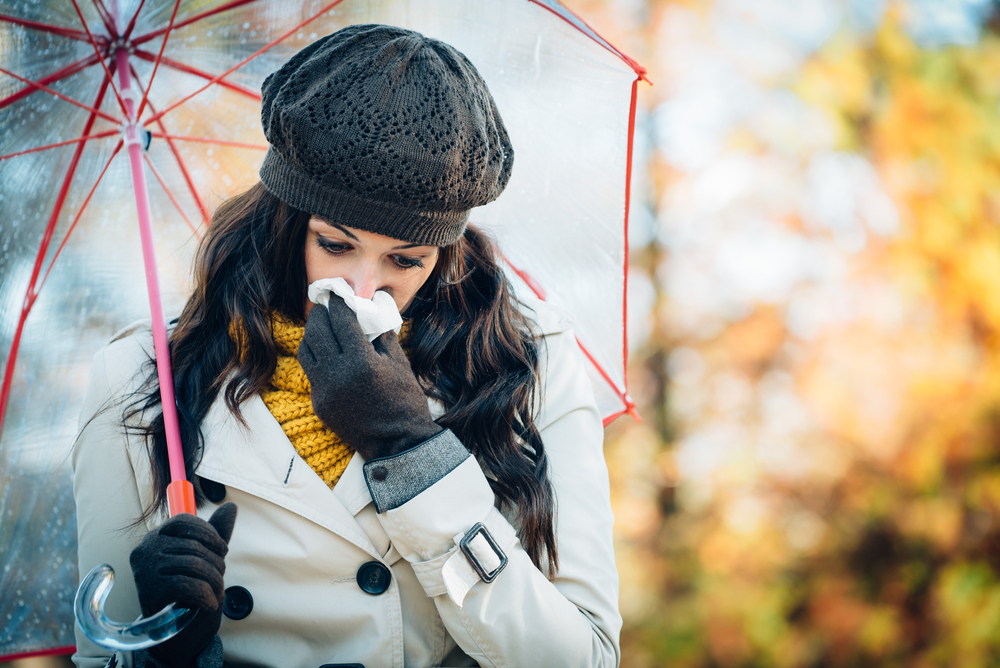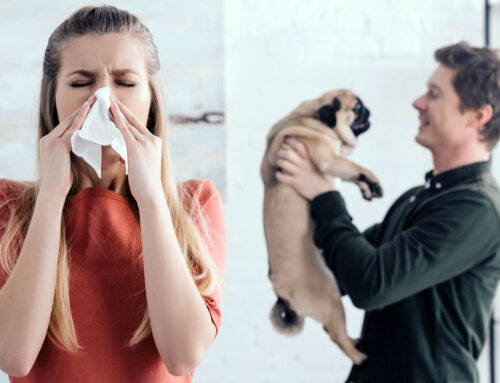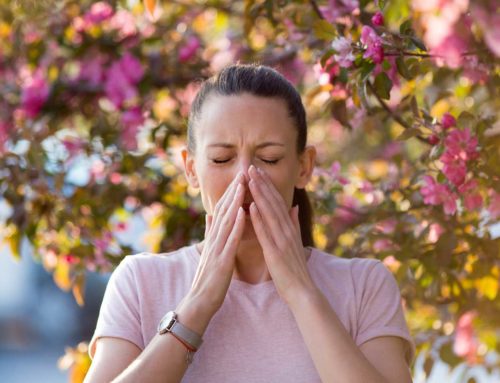FORT MYERS, Fla. – December 9, 2014 – While Florida is not known for its harsh winters, the dramatic changes in temperature from week to week can still trigger unwanted allergy and asthma symptoms. The holiday season and activities associated with it also brings its own unique set of challenges for allergy suffers.
Founder of Allergy, Sleep & Lung Care and Board Certified, Harvard-trained physician, Imtiaz Ahmad, M.D., provides a series of tips to prevent allergies and manage symptoms when they arise this holiday season.
1. Keep an Eye on the Weather Both cold air and humidity can trigger breathing problems like asthma and allergies. When the temperatures drop dramatically over a short period of time, the cool air can trigger asthma symptoms. When the temperatures rise again, the humidity can also be a problem for many allergy sufferers.
“When we inhale cold and dry air, it dries the mucus membranes lining our lungs, weakening the body’s natural defenses against viruses and bacteria,” says Dr. Ahmad. “On the other hand, humid air creates the perfect atmosphere for common allergy triggers like mold and dust mites to flourish. It’s important to be aware of the weather to keep control of asthma as a component of long term management strategy to prevent future decline of lung function.”
2. Be Wary of Dusty Decorations Christmas trees and wreaths can harbor chemicals and mold that can bring out your allergies. Also, decorations that have been stored all year could harbor dust mites.
“Switching to artificial decorations or thoroughly cleaning off decorations before use can deter allergy symptoms from holiday decorations,” says Dr. Ahmad.
3. Spruce Up Your Home When the temperatures drop, people tend to spend more time indoors. If you or a loved one suffer from asthma or allergies, it’s important to keep your home clean, especially during the winter.
“Dust mites are very common allergens that can be airborne and settle on fabrics and bedding,” says Dr. Ahmad. “To reduce your likelihood of allergy symptoms, regularly clean air filters, wash bedding in hot water or try precautionary steps like purchasing allergen-resistant covers for pillows and bedding.”
4. Learn Your Triggers It is important for anyone with breathing problems to be properly evaluated by a specialist for allergies or asthma. Allergy, Sleep & Lung Care’s provides asthma and allergy evaluations, including exercise-induced asthma testing and allergy skin testing. The center offers the most comprehensive, advanced interventional therapies available only in specialized centers for asthma and allergies, including Xolair®, anti-IgE antibody and Bronchial Thermoplasty.
“Once you know your triggers, you can make lifestyle changes, learn avoidance behaviors or begin taking medications to improve your breathing and overall quality of life,” says Dr. Ahmad.






